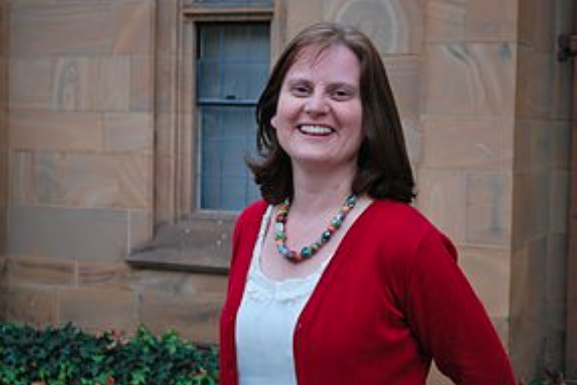World-first study confirms rare genetic mutations cause high breast cancer risk

A massive global study led by researchers at the University of Melbourne and Cancer Council Victoria has confirmed that the risk of developing breast cancer from some relatively rare genetic changes is similar to that from the more common BRCA1 and BRCA2 mutations.
Professor Melissa Southey and Associate Professor Roger Milne led an international collaboration examining genetic mutations in almost 200 000 participants in breast, ovarian and prostate cancer studies carried out across four continents.
They were able to confirm that mutations in the PALB2 and ATM genes increase the risk of breast cancer.
Both genes were known from previous studies to be implicated in breast cancer but, until now, geneticists have not been clear on how to interpret the risk.
Mutations in a third gene, CHEK2, were found to cause a moderate risk of breast cancer.
It is the first study of its scale to look at rare genetic mutations. The findings, published in the Journal of Medical Genetics, will lead to new genetic screening, counselling and clinical guidelines.
Professor Southey, from the University’s Centre for Cancer Research at the Victorian Comprehensive Cancer Centre (VCCC), said a major challenge in cancer research is determining which genetic changes are connected to cancer risk.
“Our previous studies highlighted these as genes of interest, and this has led to women being screened for changes to these genes, but we haven’t had enough information to inform advice,” she said.
“It’s only by screening the DNA of tens of thousands of people in different countries that we have gained a clearer picture of their significance in causing cancers."
Professor Southey said new genetic technology now allows a panel of multiple genes to be tested for mutations in a single test.
“PALB2 and ATM can now be confidently included in testing,” she said.
Roger Milne — Deputy Director of Cancer Epidemiology at the Cancer Council Victoria and Associate Professor at the University’s Centre for Epidemiology and Biostatistics — said rare genetic mutations were the ‘long tail’ of cancer.
Each rare mutation might only affect only one or two patients in a typical study, but on a global level affect thousands of people with cancer.
“The same mutation might cause breast cancer in one person and a different cancer in another, or might cause multiple cancers in the same person, and all these cancers might respond to the same drug,” he said.
“Ultimately, the more we know about the different mutations, the closer we will get to personalising treatments.”
Large studies were also critical in order to assess the risks as precisely as possible.
Professors Southey and Milne have begun more research on an additional 2000 rare genetic variants, and expect to release new findings in 2017.
The collaboration combined 120 studies in Europe, Australia, Asia and Africa.